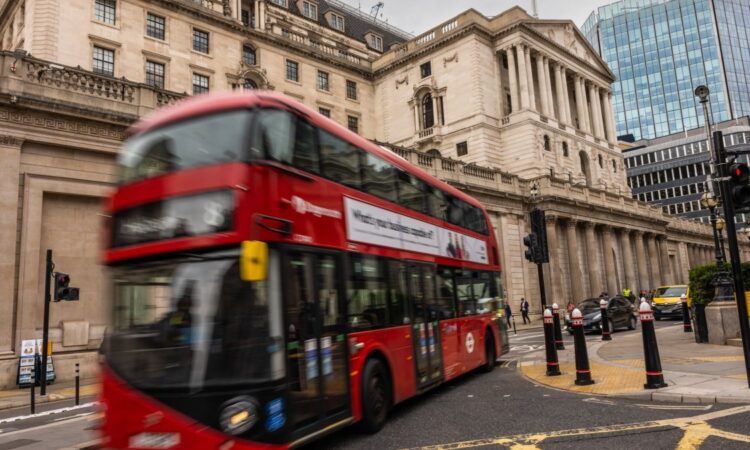
The recession facing the UK could be as twice as bad as previously thought, experts have suggested.
Faced with a worsening situation, less Government support and higher taxes, economists working for consultancy EY said they thought each of the next three years could be worse than they had expected in the past.
Three months ago, EY’s Item Club had predicted a 0.3 per cent contraction in gross domestic product (GDP) this year, followed by 2.4 per cent growth next year and a 2.3 per cent rise in 2025.
But in an updated forecast released on Monday (23 January), they forecast a 0.7 per cent drop this year, followed by 1.9 per cent and 2.2 per cent growth in the coming two years.
Hywel Ball, EY’s UK chair, said: “The UK’s economic outlook has become gloomier than forecast in the autumn, and the UK may already be in what has been one of the most widely anticipated recessions in living memory.”
However, EY said that while the recession might cut deeper than it thought earlier, it will not necessarily last longer than the previous forecast.
Last week, Andrew Bailey said the pandemic and the cost of living crisis meant a recession was still on the cards.
The Bank of England Governor added the most likely outcome for the UK economy was a long, shallow recession with a pattern of “weak activity over quite a prolonged period”.
He said the recent fall in energy prices means there is “more optimism” about an “easier path” out of the current inflation crisis, with levels currently at 10.5 per cent, far above the Bank’s two per cent target.
More from Business
It is still unclear if the country is already in recession, which is defined as two-quarters of consecutive GDP contraction.
The economy already shrank in the third quarter of last year but recent GDP figures showed the economy unexpectedly grew in November, meaning some economists think the fourth quarter might be positive.
Regardless, economists say the UK is expected to hit recession this year and shrink during the first half before returning to growth during the summer.
The recession will probably also prove less damaging for the economy than those in the 1980s, 1990s and 2000s, EY said.
Mr Ball added: “The one silver lining is that, despite being a deeper recession than previously forecast, it won’t necessarily be a longer one.
“The economy is still expected to return to growth during the second half of 2023 and has been spared any significant new external shocks in the last three months from energy prices, Covid-19 or geopolitics.
“Meanwhile, the chief headwind to activity over the last year – high and rising inflation – may be starting to retreat, while energy prices are falling too.”
The economists forecast that inflation would hit 7.2 per cent this year on average, including a big jump when the Government’s energy support scheme becomes £500 less generous from the start of April.





